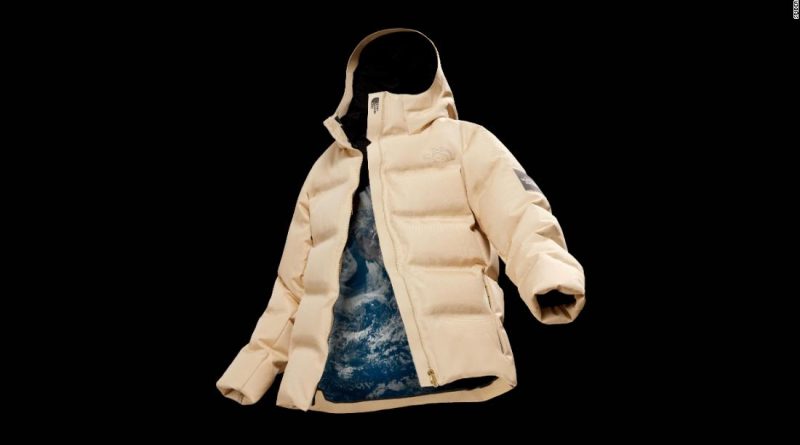Inspired by spiders, one Japanese startup is inventing a new generation of textiles
The company’s trademarked fiber, Brewed Protein, has been used in limited edition collections with brands including Japanese streetwear label Sacai and outdoor apparel specialists The North Face Japan.
Currently scaling up production and getting ready for a full commercial launch of its textiles, Spiber hopes its technology will help to “solve some of the big global challenges that we’re facing,” says Higashi.
That’s why friends Kazuhide Sekiyama and Junichi Sugahara, Spiber’s founders, decided to create a synthetic material that is molecularly identical to spider silk. The duo began experimenting as students at Keio University in Yamagata Prefecture in 2004, and founded the company in 2007.
Spiber studied “thousands of different spider species,” as well as other silk-producing species, and compiled a database of silk varieties, says Higashi.
Having successfully produced the spider silk alternative, the team went on to develop a range of Brewed Protein fabrics by altering the protein sequence, says Higashi.
Spiber’s fibers are made by fermenting water, sugar and nutrients with specially modified microbes in steel tanks, similar to those used in beer making, to produce protein polymers. The polymers are fed through a nozzle and spun into a fiber, says Higashi.
It hasn’t been an easy journey, though. In 2015, Spiber partnered with The North Face Japan to produce a limited-edition run of 50 “Moon Parka” jackets to commemorate the 50th anniversary of the moon landings.
But during the design process, the team discovered that spider silk shrinks when wet, and had to modify the protein to make the fiber suitable for an outdoor jacket.
It took four years “to produce a garment that met their standards,” says Higashi. The parkas retailed for ¥150,000 (worth around $1,400 in 2019) and the small collection sold out.
A recycling revolution
Higashi says Spiber’s biodegradable textiles are predicted to generate just one-fifth of the carbon emissions of animal-based fibers once they are in full-scale production, according to a life cycle analysis conducted by the company.
Spiber wants to reduce its environmental impact further, though. The company currently uses sugarcane and corn for its fermentation process — crops that use large volumes of land and divert food resources, says Higashi.
To resolve this, Spiber is developing a process called “biosphere circulation” that will convert discarded garments made from natural materials like cotton into the sugars needed for fermentation.
Global expansion
Higashi says scaling will help bring the price of Brewed Protein down and allow Spiber to expand beyond the high-end designer market.
“We have the means to create solutions to enable more circular fashion,” says Higashi. “It’s our mission to bring those solutions to the world.”




